Job hunting is stressful. It can feel like you’re sending hundreds of applications into a void, only to be ghosted by the majority of employers. You’re desperate to hear back, and that can lead to overlooking recruitment scam red flags because you want to land a job.
Recently, we’ve seen scammers increasingly preying on such vulnerabilities in a bid to gain access to jobseekers’ personal information, or their money.
It’s worth reminding yourself about what to look out for so you can stay vigilant during your job search. In this article, we’ll share six major red flags to watch out for and ways to cross-check any job ads.
What’s in it for fraudsters?
Never assume that it’s only your time and energy wasted if a job ad turns out to be fraudulent. Even if you haven’t lost any money or been contacted, scammers can retrieve your private contact information from your CV without your knowledge, such as your address, phone number, driving license and even National Insurance number, and this can open you up to identity theft. Fraudsters can commit credit card fraud, apply for loans, and divert your benefits in your name.
How to avoid identity theft
In today’s job market, it is no longer necessary to include sensitive personal information in your CV, such as full address, date of birth and National Insurance number. List a broad location, such as Greater London (or remote) instead and leave off the finer details to protect yourself from identity theft. Never include bank details on your CV, job application, or covering letter.
The rise in WhatsApp scams
In one scam that is becoming increasingly prevalent, scammers are posing on WhatsApp as headhunters, recruiters, companies, or even job search engines like Adzuna. The fraudsters will contact you directly via WhatsApp or text message asking for information about your ‘job application’. These messages will typically be vague and come from a number you’re not familiar with. If the scammers give you a job offer immediately and the job is outside the country, they might ask for an administration fee for arranging travel, accommodation and visas. The scammers may also claim they are still reviewing your application, before asking you to pay some administration fees to complete background checks or CV checks. Needless to say, any such messages are from fraudsters.
Another common tactic scammers use nowadays is asking for cryptocurrency payments or details. The crypto sector still has limited legal regulation, there is no centralised authority to monitor transactions, and all transfers are irreversible. Keep in mind that the ultimate goal of most fraudsters is to take your money.
6 major red flags to look out for in job ads (and what you can do to verify)
Here are six tell-tale signs that the job ad you’re interested in is illegitimate. As a general rule, you shouldn’t apply for any jobs with more than two red flags.
Short and vague job description
Many fraudsters often pose as employers to prey on desperate jobseekers. If you can’t tell much about the role and the company after reading the job ad, it’s a major red flag. Genuine job listings usually provide specific details about the role, including job responsibilities, company background, information about the interview process, as well as the compensation and benefits package, and job expectations.
A lack of essential details and limited profile suggest that the advertised role might not exist. With the advent of AI chatbots like ChatGPT, fraudsters are becoming more sophisticated. They may make use of these tools to create a more realistic job ad. However, if the job description doesn’t match the advertised job title and the content is still too generic, it’s probably written by AI.
What can you do next?
Google the company and the contact person who posted the job ad. You can visit the company website or social media accounts and cross-check if they are advertising the role with similar job descriptions. You can also do background checks on the contact person and the employees via LinkedIn.
Unusually high salary
Don’t get carried away if you spot an unusually high advertised salary. If the position you’re seeking for typically has a much lower salary, this should ring alarm bells. Similar to other scams, fraudsters usually promise abnormally high rewards to lure you in.
What can you do next?
Conduct preliminary research on the average salary of the roles you are interested in and learn your market value. An easy start would be using our tool ValueMyCV. It’s free of charge, and all you need to do is to upload your CV. It gives you an estimate of your current market value and proposes possible career paths you might be interested to explore.
The more time-consuming way is to investigate the company online to find out the salary range they usually offer, followed by doing a market research learning the average salary range of your position and comparing it with the one in the job ad.
Timeliness of ad
Ghost ads – job ads that companies are not actively looking to fill – are often open for longer periods. If a job has been open for more than a month, it’s worth digging a bit deeper to see if it’s genuine.
Ghost jobs may be more likely at larger companies. It could be a PR tactic to give off the impression that the company is growing. Hiring managers may also keep vacancies open permanently to provide a pipeline of talent should workers quit or to act as a reminder for their own employees that the company holds the monopoly power over employees. Even if the job poster is from a legitimate company, you shouldn’t be sharing your data with companies who are not interested in hiring anyone.
What can you do next?
Check the company’s website. Is the specific job listing posted there? While many companies post on different websites for their job ads, those positions posted on third-party websites are usually posted on their company website’s career page because it’s usually free.
If you can’t find the job ad on the company’s website, the position could have expired. The consequences could be much more serious than what you think. If you did apply for the role, it means you are sharing your personal data and private information with the job poster.
Fishy contact details
Most employers use their business email domain to conduct interviews. If it’s an email domain that anyone can sign up for – for example gmail.com – it might not be a legitimate employer. Scammers are getting smarter. Some are setting up bogus email profiles posing as a registered company but changing the domain names by just one character or by country, for example, from .co.uk to .net/.org./.ru.
What can you do next?
You should be able to find out via the company website what their emails should look like. Alternatively, try looking up an employee on LinkedIn.
Poor spelling and grammar
Poor spelling and grammar and weird formatting should also be something to keep an eye out for. Normally, before a job is listed, at least a few people will have read the post to check the spelling and grammar and to make sure that the message is clear. If it’s poorly written and vague, this is a sign that it’s not legitimate.
Too good to be true
If it seems too good to be true, it probably is. Many fraudulent job ads promise a fast track to wealth or benefits, including big salaries for remote work or unheard-of flexibility. Since it’s always competitive to land a job sponsoring a visa, offering free visa sponsorship and fast-tracked citizenship are other tricks scammers may use on overseas jobseekers.
Why are there still fraudulent job ads on reputable job search platforms?
While fraudsters usually lurk on the lesser known job sites, reputable recruitment agencies and job search engines that you know and trust can sometimes unknowingly become victims as well.
Recruit North is a JobsAware partner.
JobsAware is a non-profit, joint industry and law enforcement organisation working to combat job scams. Visit JobsAware for more information on common scams and to get free, expert advice for a safer job search.
Source: Adzuna






